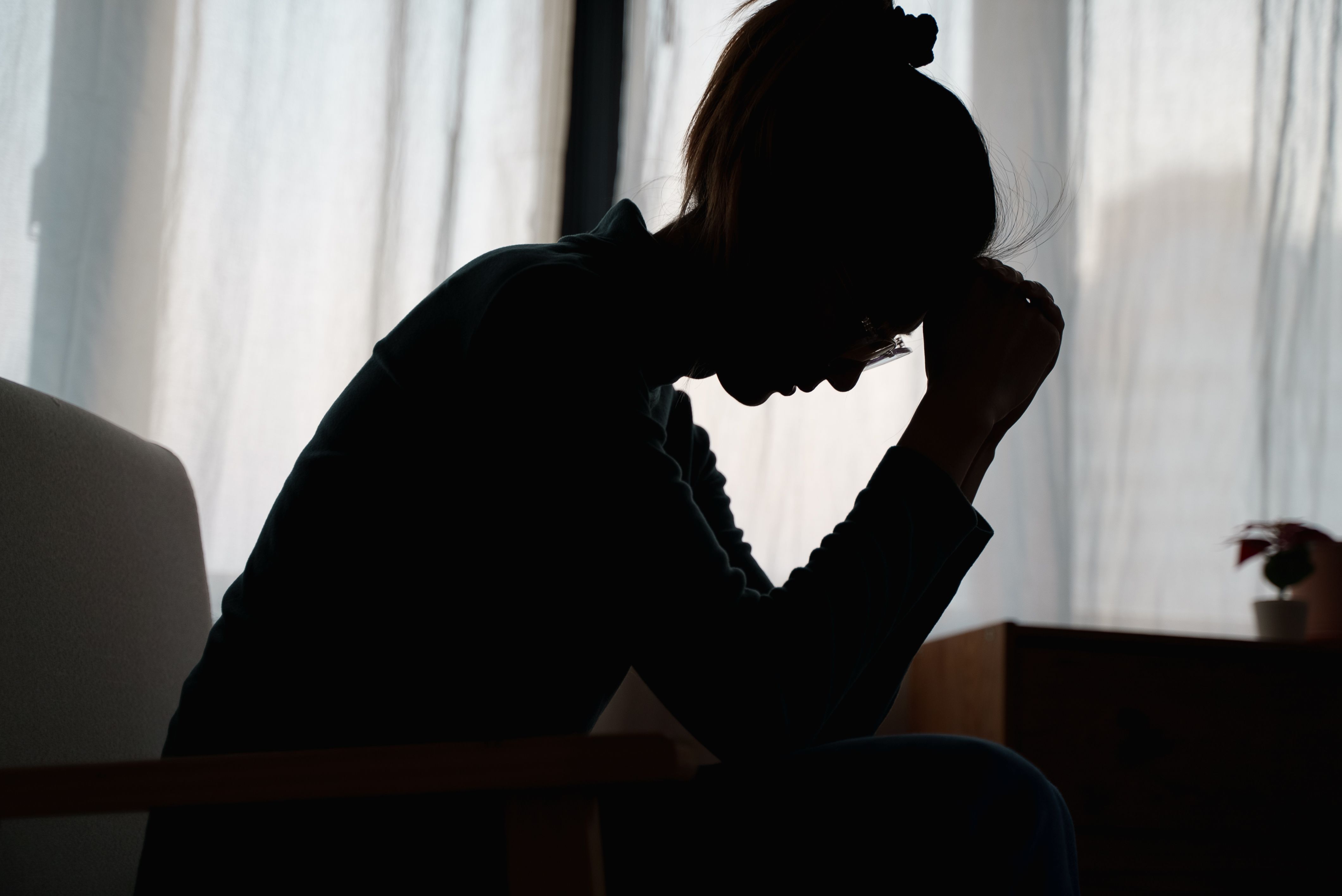Understanding Godly Sorrow vs. Worldly Sorrow for Convicted Felons
Understanding Sorrow in the Journey of Redemption
For convicted felons seeking a path of redemption, understanding the difference between godly sorrow and worldly sorrow is crucial. Both types of sorrow relate to feelings of regret and remorse, yet they lead to distinctly different outcomes. Recognizing these differences can significantly impact one's journey towards rehabilitation and personal growth.

Defining Godly Sorrow
Godly sorrow is characterized by a deep, sincere remorse for one's actions, with a focus on the harm caused to others and oneself. This type of sorrow is not just about feeling guilty but involves a genuine desire to change and make amends. It leads to repentance, which is a transformative process that alters one's mindset and behavior.
The essence of godly sorrow lies in its ability to inspire true repentance. When individuals experience godly sorrow, they are compelled to seek forgiveness and strive to live a life aligned with positive values. This type of sorrow encourages personal growth and fosters a sense of hope and renewal.
Exploring Worldly Sorrow
In contrast, worldly sorrow is often rooted in self-pity or regret over the consequences of one's actions rather than the actions themselves. It is typically driven by a fear of punishment or societal judgment, rather than a genuine desire for change. Worldly sorrow can lead to feelings of hopelessness and despair, often trapping individuals in a cycle of guilt without offering a path forward.

While worldly sorrow may initially appear similar to godly sorrow, it lacks the constructive elements necessary for true transformation. This type of sorrow tends to focus on external pressures and personal losses, thereby inhibiting the healing process and preventing meaningful change.
Impact on Rehabilitation
Understanding the difference between these two types of sorrow is particularly important for convicted felons as they navigate the complexities of rehabilitation. Embracing godly sorrow can be an empowering step towards personal redemption, enabling individuals to take responsibility for their actions and commit to positive change.
Conversely, allowing oneself to be consumed by worldly sorrow can hinder progress, leading to a sense of stagnation. It is essential for individuals to recognize when their feelings of regret are unproductive and seek support to shift their focus towards healing and growth.

Steps Towards Embracing Godly Sorrow
For those seeking to cultivate godly sorrow, several steps can be taken:
- Reflection: Engage in honest self-reflection to understand the impact of your actions on others.
- Repentance: Acknowledge your mistakes and commit to making amends where possible.
- Forgiveness: Seek forgiveness from those you have wronged and from yourself.
- Growth: Develop new habits and behaviors that align with your values.
By focusing on these steps, individuals can foster an environment where godly sorrow leads to genuine transformation and a renewed sense of purpose.
Conclusion: A Path Forward
The journey from conviction to redemption is challenging but deeply rewarding. Understanding the distinction between godly and worldly sorrow allows individuals to channel their remorse into positive action. By embracing godly sorrow, convicted felons can embark on a path that not only facilitates personal healing but also contributes positively to society.
Ultimately, the choice between these two types of sorrow determines whether one remains trapped in the past or moves forward towards a brighter future filled with possibility and hope.